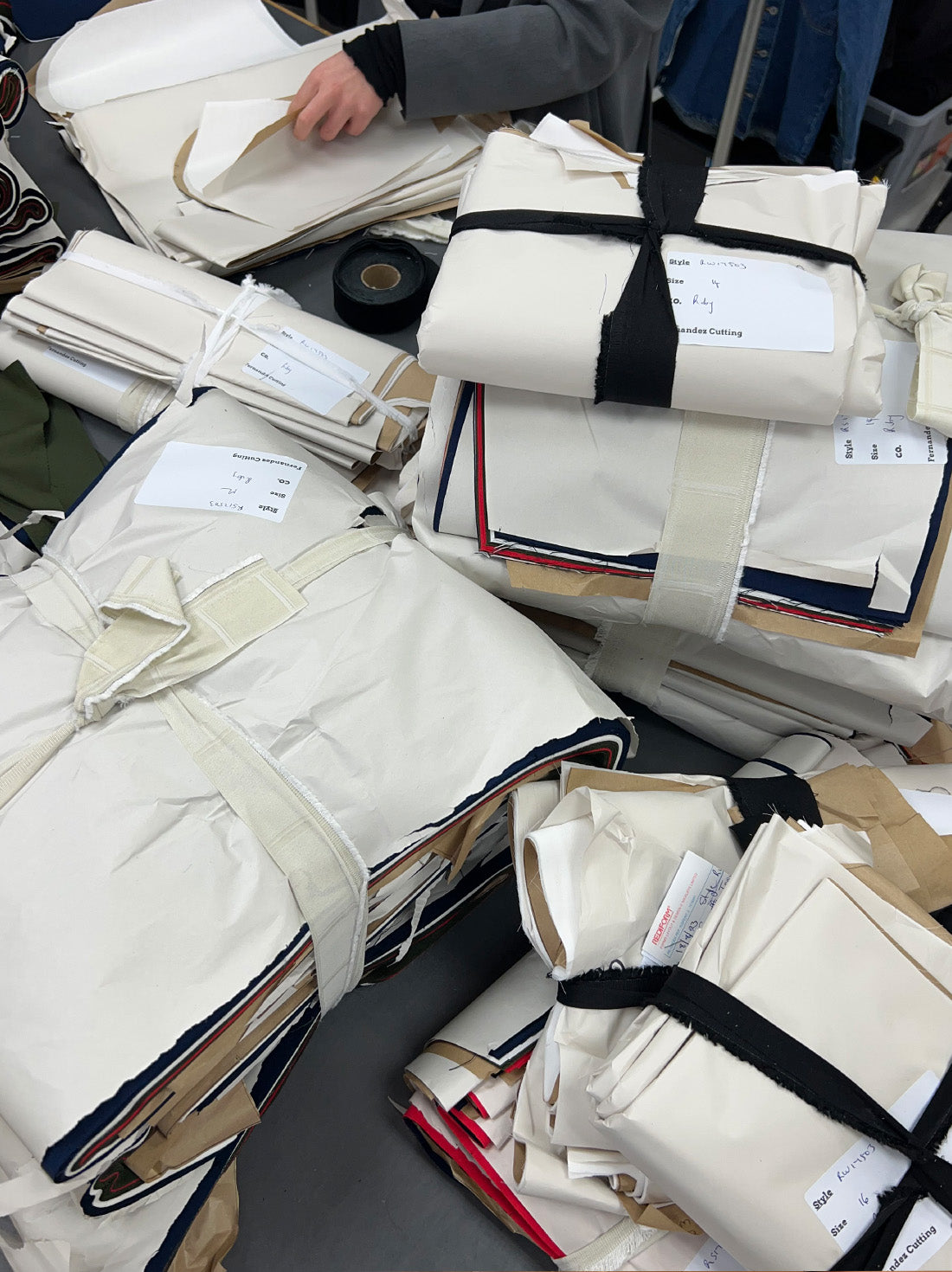Essa shares with us their thoughts on the structure of literature and the changes they wish to see within Aotearoa.
"There are many things I would have change about the structure of literature in Aotearoa, and it all starts with who is in power, who is in the decision-making seat. This seat is overwhelmingly taken up by pākehā people."
THE SHAPE OF TUHI TO COME
A man sits in a room, a pen in his hand he is marking a manuscript. It is safe to assume he is pākehā. It is sad that it is safe to assume he is pākehā. He’s not necessarily a man though. The shape fuzzes slightly. Could be a women. Things aren’t that dire I guess. They are running red lines through Māori words noting this should be in italics every time they come across one of our kupu. There is someone else in the room, you don’t often see them but they are holding the bag full of money. Whenever you try to look directly at their face it fuzzes. It distorts. Anachronistically the bag is full of pennies, there is little flakes of blood on the rim of each piece. They are definitely pākehā. Almost certainly a man. They are in control of the money here. They get to decide where our kupu go. Pūtea, is what it comes down to, the theft and occupation of whenua is what it comes down to. Both of them have the Crown tattooed onto the backs of their necks.
This is a fanciful depiction one that conjures a story of Dickensian whimsy. I am writer what else does writing look like?
There are many things I would have change about the structure of literature in Aotearoa, and it all starts with who is in power, who is in the decision-making seat. This seat is overwhelmingly taken up by pākehā people. It feels strange to me and it won’t stop feeling strange to me, that the public life and health of our tuhi depend largely on the whims of pākehā. So yes, one thing that needs to change is who gets to make decisions about our writing on Māori whenua.
And yes I’m saying we should be hired to be editors and that some reflection of Te Tiriti partnership should be present in all publishing houses. But I’m not just saying this.
The health of our art of our writing is directly related to the health of our land. Do Māori have sovereignty have the ability to kaitiaki our whenua properly? No, in the overwhelming majority of cases we do not. In the form of the colonial nation state of New Zealand, the Crown maintains its poisonous influence over us, limiting us in every way conceivable.
On the wall in our lounge we scrawl in crayon the phrase LIVE LAUGH LOVE LANDBACK it all depends on that last phrase.
And I don’t say this to discourage attempts or cast a negative cloud over any positive changes that may be happening today but a healthy writing scene in Aotearoa one where our words flourish where expression reflects the whanaungatanga I know it can, is one that is not situated on the oppression of our people one that does not depend on the continual occupation of our land.
There are people in a room, the room is their ancestor, the room is their safety also. There are shoes lined up outside of the room. And there are people all gathered around a large sheet of paper, working away at it with felts and vivids and pens. Their work twists and turns, each kupu responding to the next. There is waiata, drifting in the air mixing with the bird song. Outside there are people creating new street signs with new names, people drawing new borders (less wall and more guide) on a map that is finally the right way up. The mouth of the fish reaching towards the cold north the tail pulling towards Rarohenga in the south. There are people carving and dancing and weaving words.
And in the cooking pits where they once held money bags they hold onto dirt that is too good for them and like their harbinger they cook and cook and cook.
Written by Essa May Ranapiri, Ngāti Wehi Wehi, Ngāti Pukeko, Ngāti Takatāpui, Na Guinnich, Highgate


























